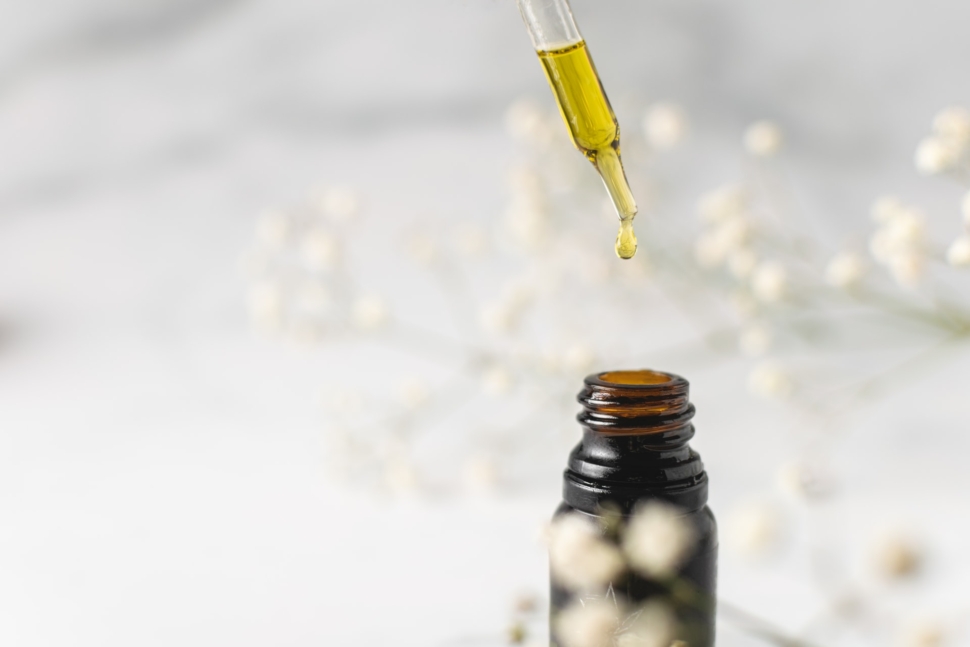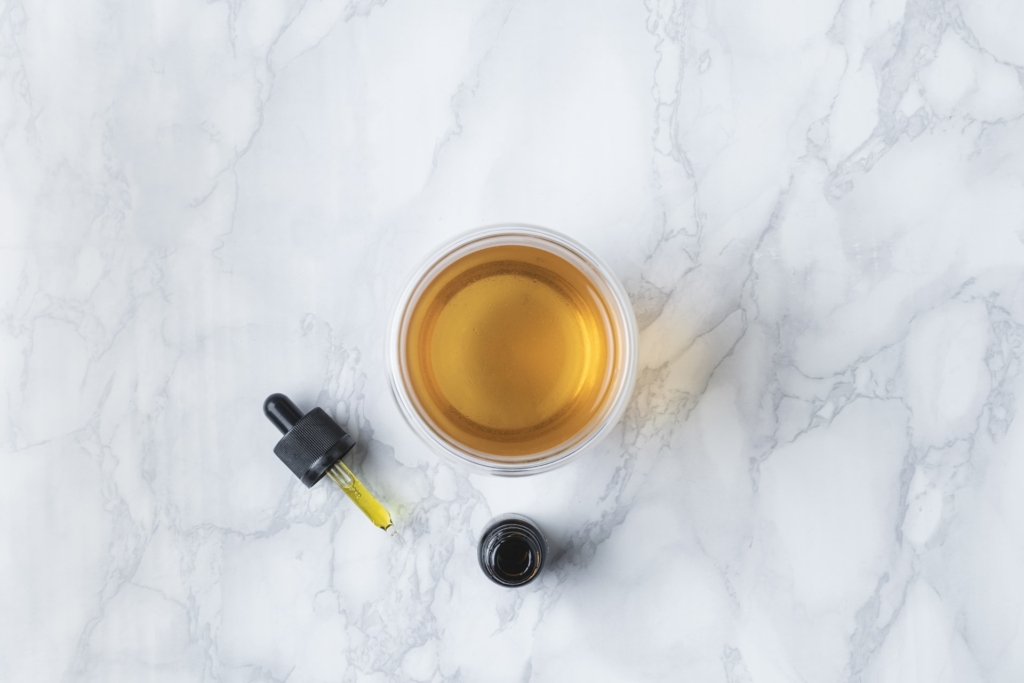You’ve no doubt heard about CBD in the past few years, as it’s become a hugely popular supplement. But there’s still a lot of misconceptions about this product that should be addressed before you add it into your routine. Here are 8 things about CBD that every user should know.
- There are different types of CBD
Before you purchase CBD in any form, you should be aware of the type of CBD you’re buying. CBD comes in three forms – CBD Isolate, Broad-Spectrum CBD and Full-Spectrum CBD. CBD Isolate is the purest form available and it contains no other cannabinoids, flavonoids or terpenes, with no trace of THC. It’s typically sold in crystal or powder form, but it can also be in drop form like the products found at Vitabiotics CBD.
Broad-spectrum CBD is predominantly CBD but also contains a range of terpenes, cannabinoids and flavonoids, which have their own characteristics. There is also no THC with this type of CBD. Finally, full-spectrum is similar to broad-spectrum in that it has other compounds in it, as well as THC, although the level will vary from brand to brand.
- It’s legal in the UK
In the UK, there’s no law against using CBD – in fact, it’s been legal since 2018. The legal THC limit in the UK is 0.2%, so no CBD product being sold should exceed this.
- It won’t get you high
CBD may come from the same plant as marijuana, but the psychoactive compound – THC – is removed, so you won’t feel any high from using it. Even full-spectrum products which contain trace amounts of THC won’t be strong enough to create a high sensation.
- It can be used for a variety of conditions
CBD can be used in a variety of ways, from mental health issues like depression and anxiety to sleep problems, pain and inflammation, and conditions like IBS. Even pets can benefit from the relaxing, soothing effects!
- CBD works with several bodily systems
One of the reasons CBD is effective for a number of issues within the body is that we already have an endocannabinoid system naturally, which is an internal system made up of endogenous cannabinoids which the CBD binds to.
- There’s no standardised dosing
While CBD is legal, there’s no standardised dosing measures, as people react differently to CBD strengths. So, what works well for one person may not be effective for another. In these instances, it’s best to start off low and build up to find the right level for your own body. However, do not exceed 70mg per day.
- It can interact with other drugs
CBD, just like other foods or supplements, can interact negatively with certain medications. So, if you’re on medication such as antidepressants, blood thinners or anti-seizure medication, you should avoid CBD. It’s worth checking with your GP before taking CBD to ensure it’s safe for you to do so.
- Some CBD products will appear on a drugs test
Full-spectrum CBD contains trace quantities of THC, and this can, in some cases, appear on drug testing. CBD Isolate, however, does not contain any THC and won’t appear on any drug test results.

